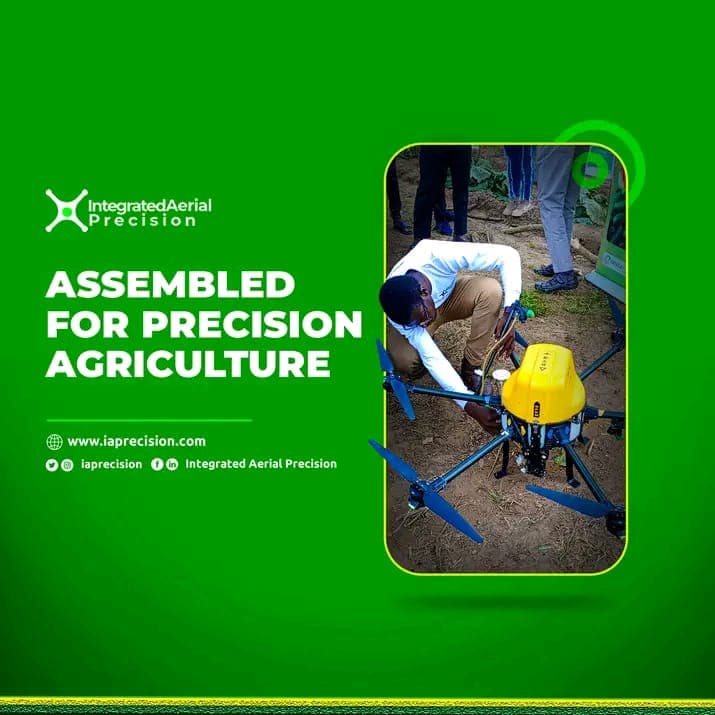Sustainable Farming with Precision Agriculture
Precision agriculture techniques form the bedrock of sustainable practices. From the reduction in herbicide usage, and a lesser environmental impact from crop protection chemicals. And overall forming a decrease in production costs. If you are looking to go into sustainable farming, then you are in the right place.
Precision farming helps in cultivation in sustainable ways, while meeting society's present food and other agricultural product needs. Without compromising the ability of current or future generations to meet their needs.
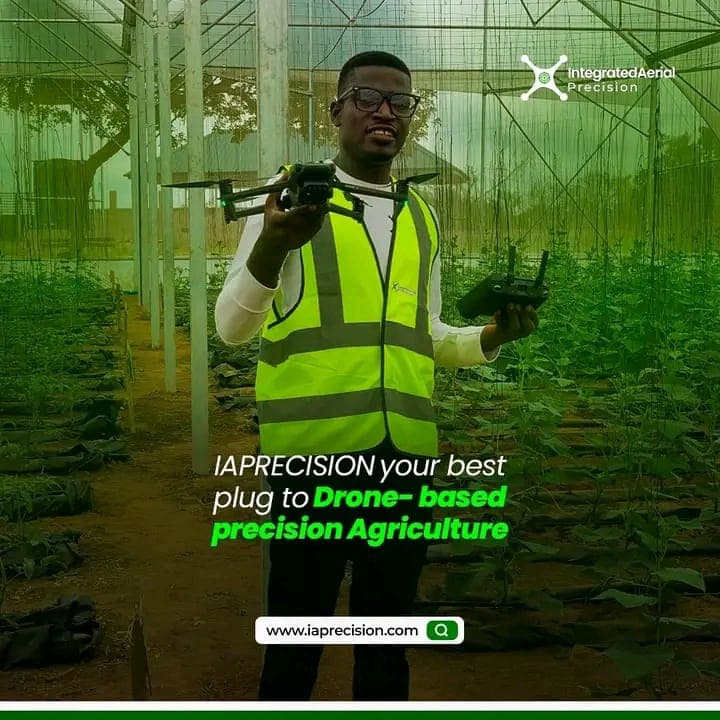
More so, sustainable agriculture is based on the premise of a healthy environment, economic profitability, and social and economic equity. But how does precision agriculture affect these things and most importantly act as a tool for its implementation?
Today we will be diving into the world of sustainable farming and the impacts and effects precision agriculture has on it.
7 Major Impacts of Precision Agriculture on Sustainable Farming
Based on previous articles from our blog posts, you will be familiar with precision agriculture technologies and the way they work. Nonetheless, precision agriculture is revolutionizing the way we approach farming, presenting never-before-before-seen ways and methods for farming. And sustainable agriculture is not left behind in the wonderful havoc that precision agriculture is causing.
Sustainable agriculture covers several forms across the agricultural field. Some forms include agroforestry, greenhouse farming, organic farming, integrated pest management (IPM) and Integrating livestock and crops. All of these forms listed above can be greatly influenced by precision to ensure your effectiveness and efficiency.
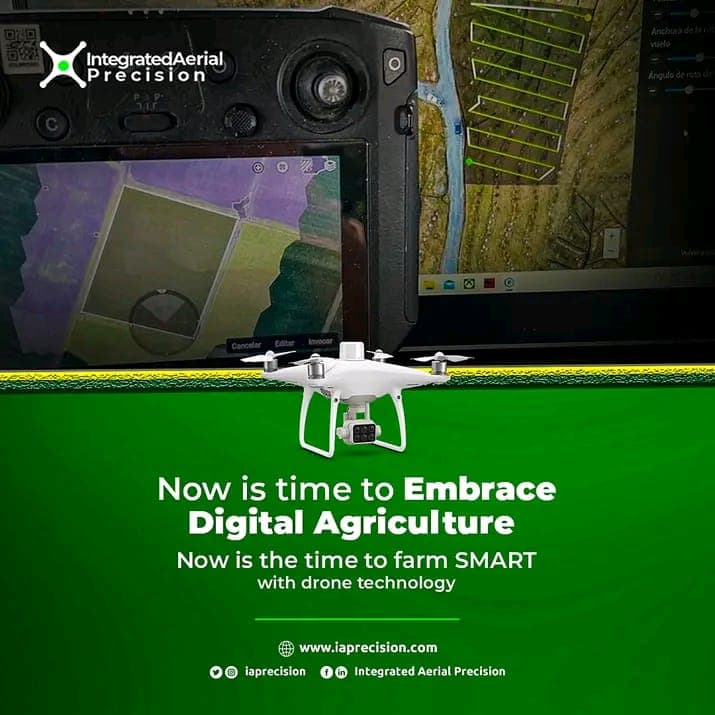
By integrating advanced technologies such as GPS, sensors, and data analytics, your sustainable farming practices will stand the test of time. Below are 7 major impacts of precision agriculture on sustainable agriculture
1. Enhanced Resource Efficiency
One of the most significant impacts of precision agriculture is the improved efficiency in the use of resources. Traditional farming methods often involve a uniform application of water, fertilizers, and pesticides. Regardless of the varying needs of different sections of the land, they are spread uniformly.
Precision agriculture, on the other hand, utilizes detailed data to apply these inputs only where and when you need them, reducing waste and minimizing environmental impact.
2. Increased Crop Yields
With the precise management of agricultural inputs, precision agriculture can lead to increased crop yields. By tailoring the farming practices to the specific requirements of each crop and field area, farmers can boost productivity. This is particularly important as the global population continues to grow, and the demand for food increases.
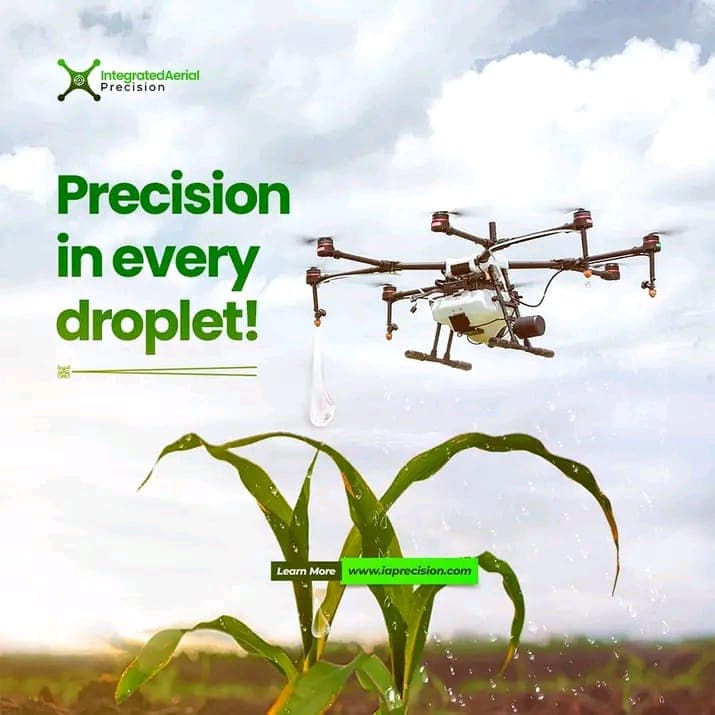
Moreover, precision agriculture supports the monitoring of your crop health in real time. Also, it enables early detection of issues such as pest infestations or nutrient deficiencies. This proactive management leads to healthier crops and higher yields without the need for excessive chemical use.
3. Environmental Conservation
Precision agriculture plays a crucial role in environmental conservation. Reducing your overuse of fertilizers' and pesticides, helps you to prevent your farmland soil degradation and water contamination. Moreover, the targeted application of these substances decreases the risk of harming non-target species.
Thus helping you to preserve your farmland biodiversity. This can be achieved by leveraging advanced technologies such as GPS mapping, soil scanning, data management, and IoT devices. Precision agriculture will allow you to optimize your field-level management concerning crops, soil, and weather conditions.
Moreover, precision agriculture's data-driven techniques support the early detection of pests and diseases, enabling timely and natural treatment rather than widespread chemical application. This not only protects the ecosystem but also maintains the health of the soil and the surrounding environment.
4. Climate Change Mitigation
Agriculture is a significant contributor to greenhouse gas emissions, but precision agriculture offers a way to mitigate this impact. Efficient use of organic and inorganic fertilizers reduces the release of nitrous oxide. Nitrous oxide is a potent greenhouse gas.
Also, optimizing your irrigation practices can lower water consumption and energy use associated with pumping and distribution.
5. Economic Viability
The adoption of precision agriculture can also improve the economic viability of farms. By reducing input costs and increasing yields, farmers can achieve better profitability. This is especially beneficial for smallholder farmers, who often operate on thin margins and can greatly benefit from the cost savings and increased production precision agriculture provides.
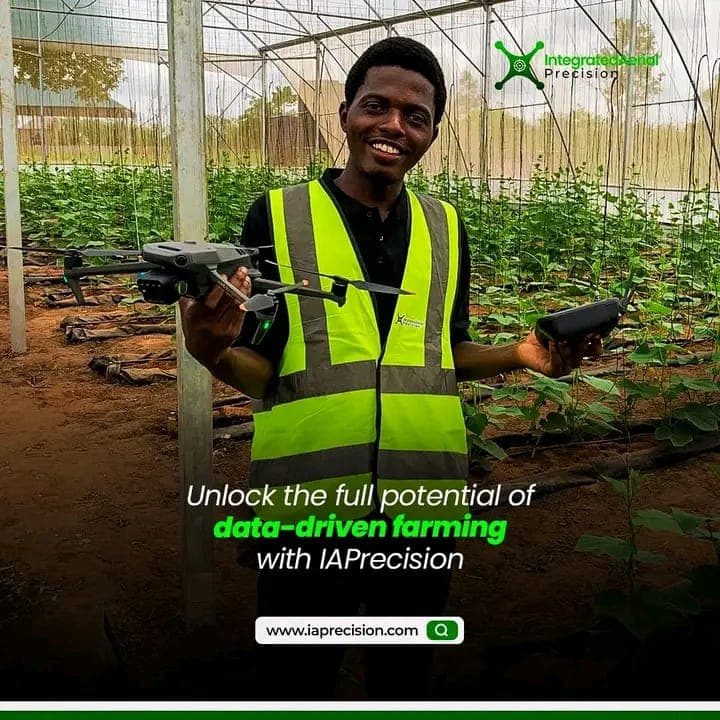
This targeted approach leads to higher yields and quality, enhancing farm income and ensuring long-term sustainability. Moreover, precision agriculture’s data-driven nature empowers farmers with actionable insights. Thereby, enabling them to make informed decisions that further economic and ecological goals.
For instance, soil mapping and variable rate technology (VRT) can lead to significant savings in input costs and improve crop health and productivity. Lastly, it represents a smart investment that pays dividends in terms of profit-making and is a cornerstone of future farming strategies
Conclusion
In essence, precision agriculture is a key player in the movement towards sustainable agriculture. Its ability to increase efficiency, productivity, and environmental stewardship, all while maintaining economic viability, makes it an essential practice for the future of farming. As we continue to face global challenges such as food security and climate change, precision agriculture offers a promising path forward.
However, despite the immense benefits presented by precision agriculture on sustainable agriculture, it has big challenges. The high initial investment in technology and the need for technical expertise is a major problem for farmers. That is where we at imprecision come in. We provide you with affordable, swift and efficient precision agriculture services.
FAQs
What are the Approaches to Sustainable Agriculture?
The approaches include agroecology, nature-inclusive agriculture, permaculture, biodynamic agriculture, organic farming, conservation agriculture, regenerative agriculture, carbon farming, climate-smart agriculture, high nature value farming, low external input agriculture, circular agriculture, and ecological.
What is Precision Farming?
Precision agriculture is the science of improving crop yields and assisting management decisions using high-technology sensor and analysis tools. Precision agriculture is a new concept adopted throughout the world to increase production, reduce labor time, and ensure the effective management of fertilizers and irrigation processes.
What is Precision and Sustainable Agriculture?
Precision Agriculture can help in managing crop production inputs in an environmentally friendly way. By using site-specific knowledge, precision agriculture can target rates of fertilizer, seed and chemicals for soil and other conditions. Precision agriculture substitutes information and knowledge for physical inputs.
